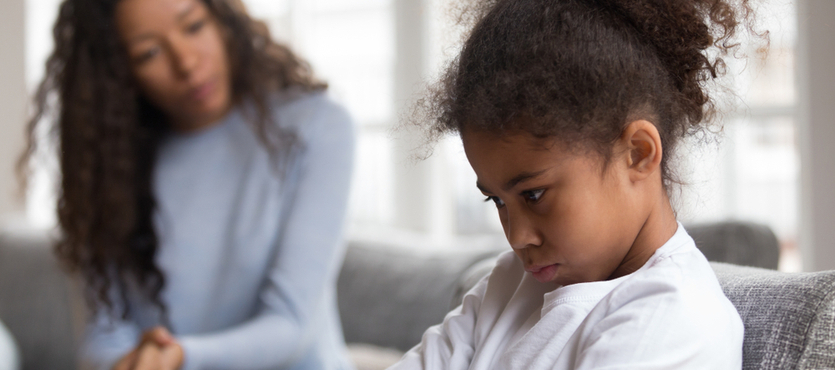Approximately half of marriages end in divorce. Many of those marriages have children, which can make a divorce even more stressful.
Spouses in a divorce face a lot of issues, such as property division, alimony, child custody, and child support. Children can also face a lot of issues in a divorce. They may face bullying from their peers as well as the loss of their family unit.
Children can face many other effects once their parents divorce. These effects can last many years and affect their personal and school lives.
Children of certain ages tend to feel more affected by the divorce. Children between 6 and 11 years old tend to feel the effects of divorce the most. Many feel as if their parents are divorcing them and worry that they are losing one parent. They may find one parent good and the other bad and experience extreme stress due to the divorce.
Younger children may also feel stress from the divorce, but they have less of an idea of what is going on. They still need an outlet to express their feelings and may be able to cope better with the help of books about the topic of divorce.
Teens may also feel the effects of divorce. They are often seen as the mature ones, though, so it is not uncommon for their parents to lean on them for emotional support during the divorce. This can put a lot of pressure on them. While teens are becoming more independent during this time, they may cope by engaging in risky behaviors such as alcohol, drugs, and sex.
No matter the age, though, children will usually face several effects of a divorce. Parents should be mindful of these effects so they can be prepared.
Change in Family Dynamics
Families change after a divorce. This is usually the biggest effect, as the parents split up. The child stays with just one parent at a time and it may be in a new location, affecting the relationships a child has with extended family members, neighbors, friends, and teachers.
In some cases, parents are more worried about the effects they are experiencing after a divorce. They may not spend too much time parenting, leaving kids feeling as though they are caught in the middle.
To help ease the transition, parents need to make an effort. They should try to keep family traditions if possible, particularly holiday festivities. Also, they should try their best to communicate well with the other spouse. When they use their child as a middleman, it only increases the stress and creates more resentment.
Disconnect From the Family
When their parents divorce, children often lose their sense of belonging. They tend to feel rejected and even abandoned. When they feel isolated, they may turn to friends and get involved in alcohol and drugs.
Because of this, children need to feel safe and secure after a divorce. Parents can do their part by establishing routines and spending more time with the children. If you have an amicable relationship with the other parent, it is also a good idea to involve both parents in certain activities with the child.
Anxiety About the Future
It is not uncommon for children of divorce to feel anxious about the future. They may feel unsafe and unloved. If they are not given information about upcoming routines and schedules, such as when they are staying with the other parent, then they are likely to feel stressed.
Parents can help children cope through writing and drawing. Have them draw pictures of what they think the future will look like. Have them write down stories and plans for the future.
Fear of Abandonment
Some children may feel as if their parents abandoned them, especially if one parent has a new partner. If the child sees their parent spending time with that person, they may feel jealous and experience lowered self-esteem.
Children may also base their parents’ divorce on what they know. If they have friends whose parents have gotten divorced, and the outcome was negative, then the child may expect a negative outcome with their divorce as well. This may cause them to want to spend less time with one parent or even both parents.
Parents can ensure their kids will not be abandoned by having them communicate with you. If they have any fears about how divorce will affect them in the future, have them discuss them with you. Work through these fears by constant communication and spending time with your children.
Difficulties With School and Friends
Students often face challenges in school after their parents split up. More than 30% of children of divorce have academic problems. Divorce can also ruin friendships, with many children having just one close friend. Kids whose parents have not divorced tend to have more friends.
Divorce makes it hard for children to make new friends because many children feel embarrassed by the situation. They also develop a lack of trust and security, which can make friendships even harder.
Parents can help their kids by being available for them. You can also make plans with them to engage in favorite activities. Also, give them reassurance that you will always love them.
Seek Legal Help
The spouses are not the only ones affected by divorce. Children and other family members can also feel anger, resentment, and other emotions from a divorce.
Broward County divorce attorney Scott J. Stadler can help you deal with the legal and emotional aspects of divorce. We can help you and your family move on. Get started with a consultation. Call (954) 346-6464 or fill out the online form.

